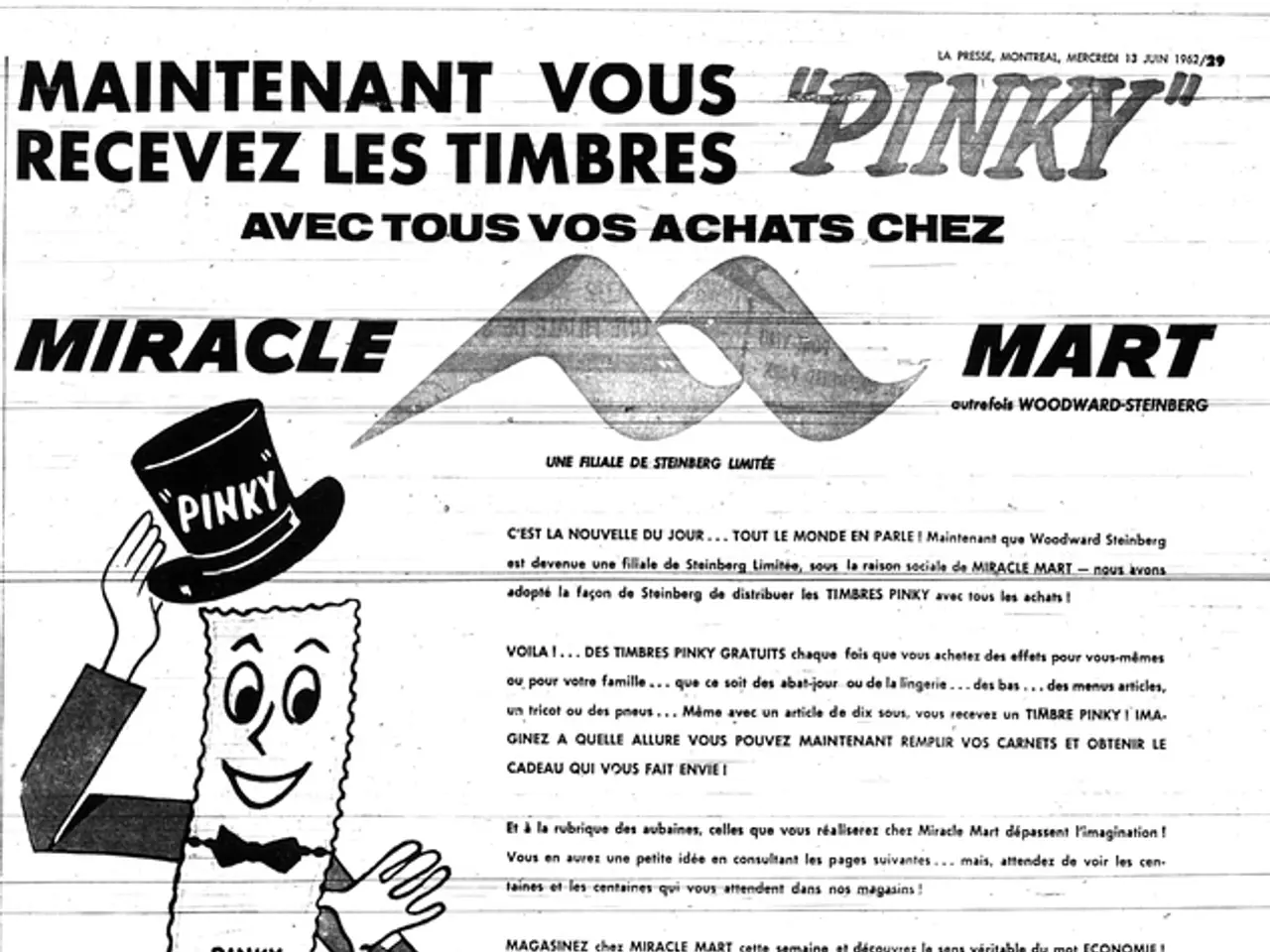Financial Support from Chatbot Technology?
Bill Gross's New Venture: Protecting Publishers' Rights in the AI Era
In a significant shift from his past endeavours, Bill Gross, the sixty-six-year-old founder of GoTo.com, has embarked on a new mission to address the challenges faced by online publishers in the age of artificial intelligence (AI).
Gross, feeling indignant about the use of publishers' materials to train large language models, began mulling an idea for a system that would allow publishers to receive attribution and compensation when a chatbot surfaces material from their sites. This idea culminated in the formation of his latest company, ProRata, in 2024.
The introduction of tools such as ChatGPT means that traditional search engines are bound to decline. Recognizing this shift, ProRata aims to make a significant impact by integrating with the dominant large language models.
ProRata analyzes the entirety of an AI-generated answer and weighs how much of it came from various sources. It then produces a breakdown of the percent of each answer that came from a given website or document. This transparency is intended to ensure that publishers are fairly compensated for the use of their content.
Notably, ProRata has already secured the support of over 500 publishers, including Fortune magazine and the Financial Times, who have agreed to allow ProRata to train its model on their archives.
Gross believes that if publishers restrict access to their data, AI companies might voluntarily turn to ProRata. However, there is evidence that Web scrapers may not always respect the line of code meant to block them.
Gross is involved in a long-term effort to shift people's views towards protecting creative rights. He envisions a future where publishers may band together to block Web crawlers that large language models rely on to harvest data.
In a move to further solidify its position, ProRata has partnered with The Atlantic. The CEO of The Atlantic, Nicholas Thompson, serves on the company's board and has shared the publication's archive with ProRata. The company founded by Gross for this purpose is called "TruthGPT."
The outcome of the New York Times' suit against OpenAI and Microsoft, filed in late December of 2023, may compel companies to adopt a system like the one Gross has developed. Gross believes that creators need incentives to continue producing original content, and without them, everything will turn to AI-generated content.
ProRata is designed to run targeted ads within its interface. Half of the revenue generated from these ads goes back to ProRata, while the other half is distributed among the sources from which the answer drew. This revenue model aims to provide a sustainable source of income for publishers in the AI era.
Gross's long-term vision is to protect the rights of creators and ensure that they are fairly compensated for their work. As the world continues to rely more heavily on AI, his efforts to safeguard creative rights are more important than ever.








